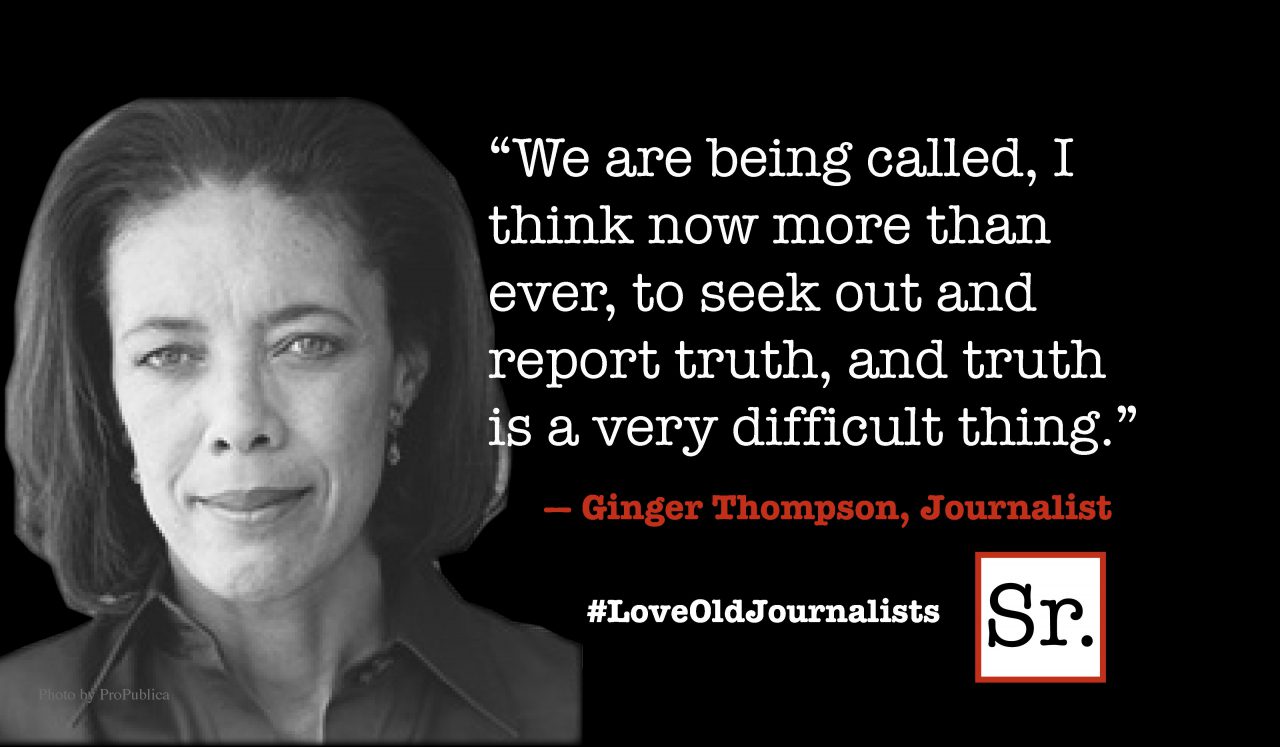"If we truly wish to learn, we should consider enemies to be our best teacher!" — The Dalai Lama
I was involved in a situation a few days ago that I have been deeply reflecting on since. The details of the situation are not important. But my reaction is.
What happened is that someone behaved in a way that triggered fear in me. The fear in turn manifested as anger. Fear often does this because we don’t like to experience the vulnerability of fear, so we opt for the delusion of power in anger. My anger manifested in an attempt to control what I could not control — someone else.
Pema Chodron tells the story of a young warrior who had to battle fear. She did not want to, but her teacher insisted. On the day of battle, the warrior stood on one side, feeling small. Fear stood on the other side, looking big and wrathful. The warrior bowed to show respect and asked fear, “How do I defeat you?” Fear thanked her for showing respect and replied, “My weapons are that I talk fast and get in your face. Then you get completely unnerved and you do whatever I say. If you don’t do what I say, I have no power.”
Looking back at my own behavior, I see that I was doing exactly what fear was telling me to do. So was the other person. We were engaged in a dance of fear, whirling and jumping like puppets, with fear as the puppet master.
At the time, of course, I did not see this. What I saw was my own story that the other person was doing something wrong, creating a problem that I, in my righteous fury, was going to correct. In fact, my fury only served to add fuel to the fire. The dance accelerated. I was in a vortex of chaos.
Later, in the safety of my own home, I was teary and trembling. I could feel the effects of the tsunami of adrenaline that my terror had pumped into my body. I began to reflect on my own behavior. The first thoughts that came to me were judgmental. What’s wrong with me? What good is all my inner work if, in the heat of the moment, my training fails and I react in fear? How can I write about and teach the 10 Steps if I am such a poor model of applying them?
Then I saw what I was doing, but I didn’t change course. Wow, look at how judgmental I’m being against myself. I can’t even feel compassion for myself or forgive myself. I’m such a fraud. I can’t follow any of the steps when it really counts. What a loser. I might as well just give it all up.
Talk about a meltdown. I felt embarrassed, ashamed, inadequate, unworthy, hopeless. I went to one of my spiritual teachers and began to “confess.” I opined that if I had just paused to take a belly breath before reacting, I would have behaved differently and the outcome of the situation would have been so much better.
He listened quietly, and then said gently, “Who do you think you are? You are talking about your anger, your fear, your power to affect the course of events. Why is all this ‘you'? There is just fear. There is just anger. How do you know if it is good or bad? It was there and now it’s gone. Now you are here. This is where your practice is.”
My body relaxed. My mind stopped spinning its looping tale. Oh.
Compassion was released. And forgiveness. I thought about the other person and how terrified and cornered he must have felt himself, exactly the way I felt. He wasn’t my enemy. He was my brother.
I realized that indeed, this is where my practice is. On the razor’s edge. Not where I feel comfortable about my “serenity skills,” but rather where I have an opportunity to expand, to reach further, to keep my heart open when fear is up close in my face, talking fast.
Who knows if what happened was good or bad? Unpleasant, yes. Scary, yes. But I’ve learned more than I knew before. In an odd way, I’m humbly grateful for the experience.
Perhaps next time, I’ll pause and take a breath.
"You meant it for harm, but God meant it for good." — Genesis 50:20








